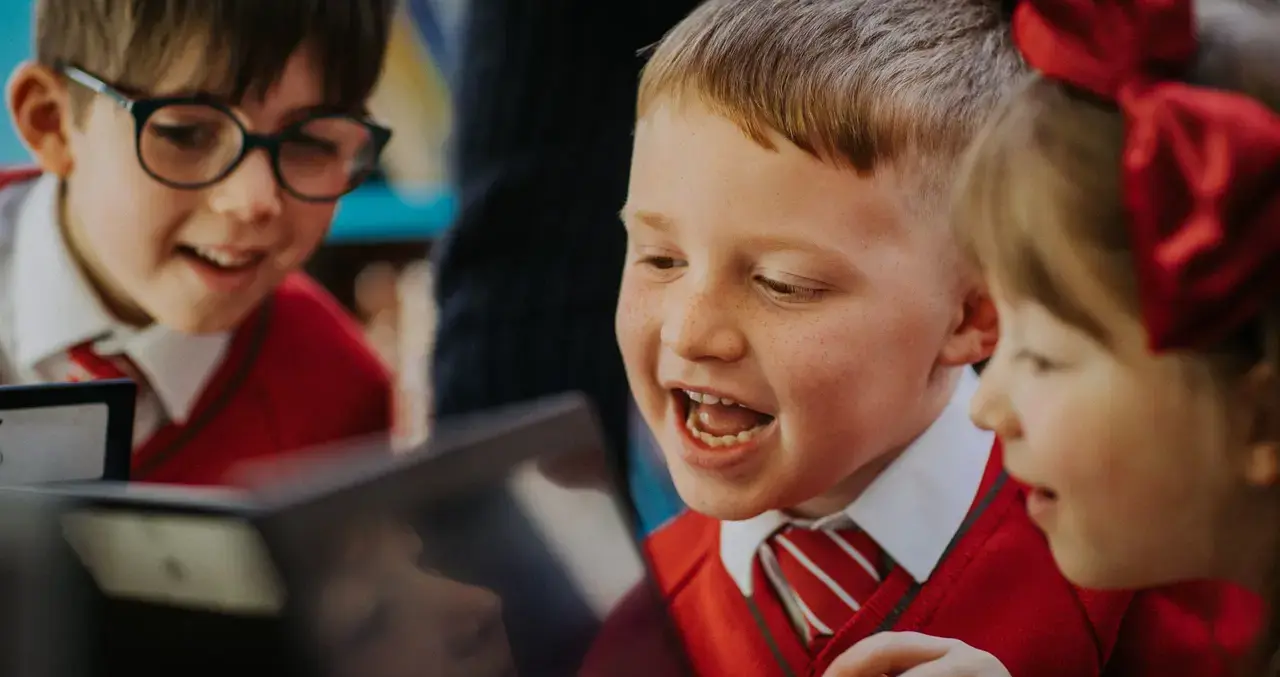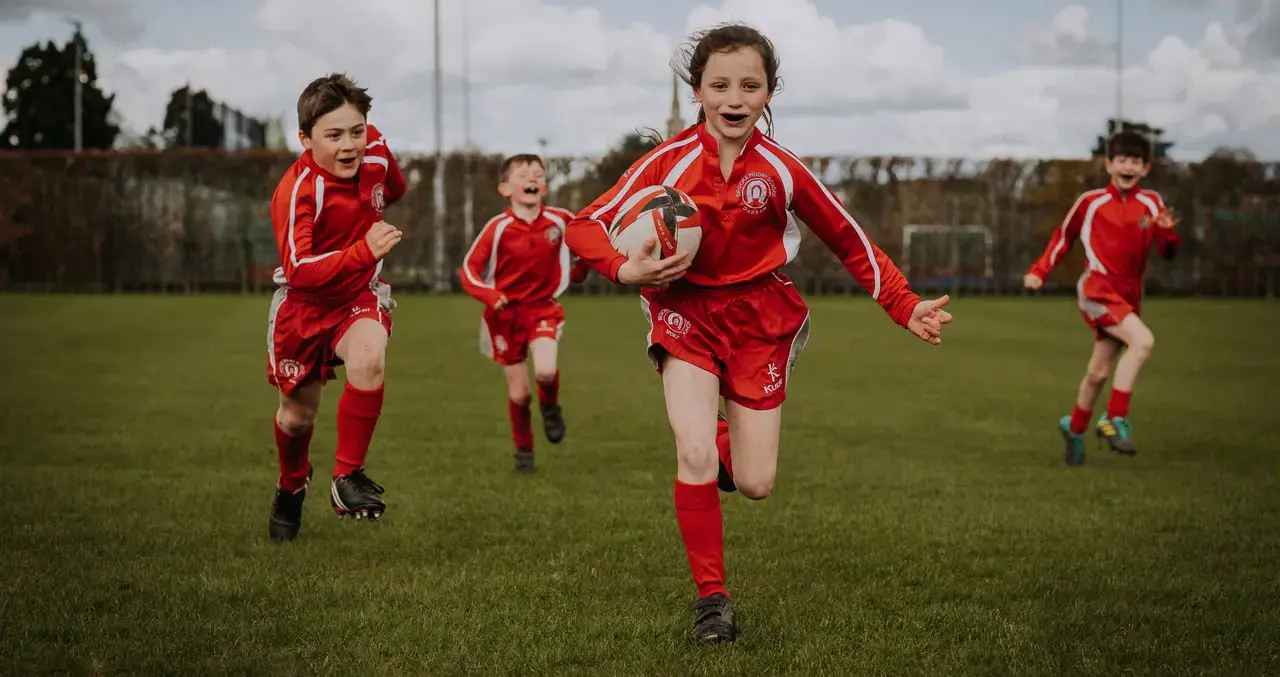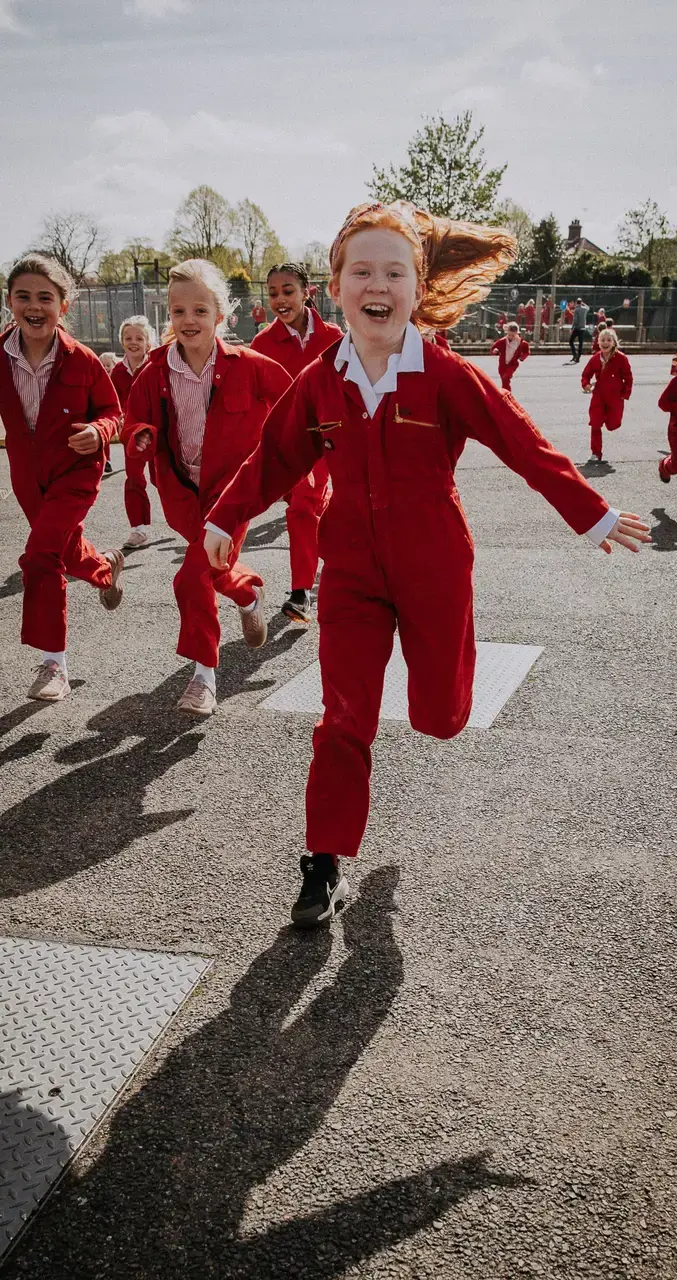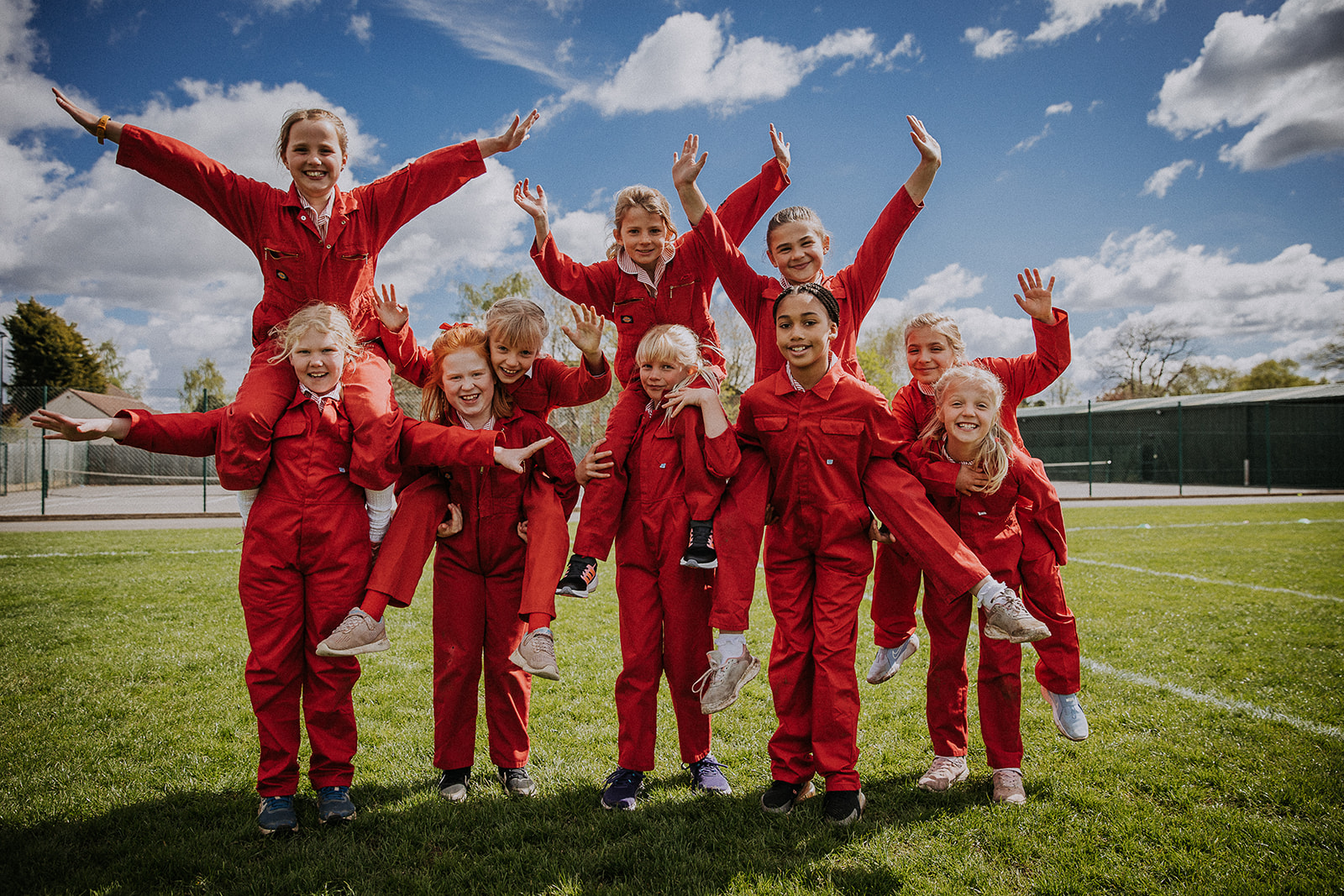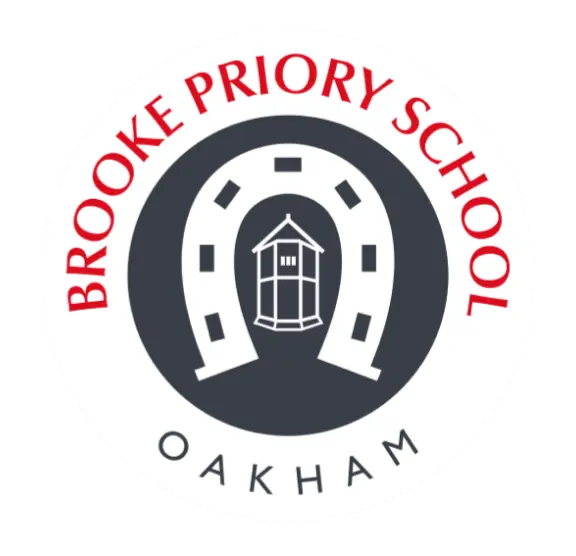Trips
School trips play a crucial role in enhancing children’s education by offering practical, hands-on learning experiences that go beyond the classroom. These trips provide unique opportunities for students to engage with subjects in real-world contexts, deepening their understanding and sparking curiosity.
One of the key benefits of school trips is that they make learning more interactive. For example, a trip to a museum, historical site, or nature reserve allows our children to experience what they’ve been taught in books and classroom discussions. These experiences often help cement knowledge, as children can see, touch, and interact with the material they’re studying. Instead of passively listening, children actively participate in learning, which has been shown to improve retention and comprehension.
School trips also promote social skills and teamwork. When children go on a trip together, they are often placed in new situations that require collaboration, problem-solving, and communication. Whether it’s navigating public transport, working together on a group project, or simply getting along with peers in a different setting, children learn valuable life skills that contribute to their personal growth. This social interaction can also foster a sense of belonging and help build stronger relationships between students and teachers.
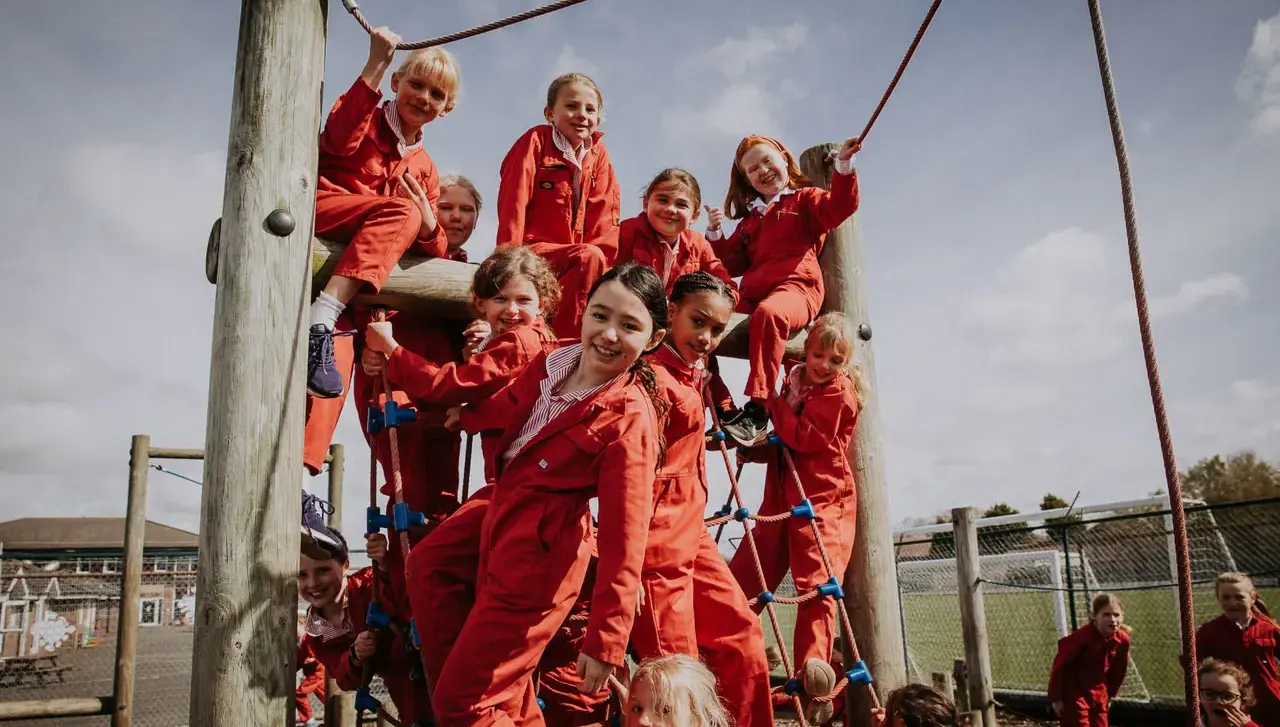
Residential trips at Brooke Priory offer a wide range of benefits, both educational and personal.
Here are some of the key advantages:
1. Independence and Confidence: Being away from home for a short period helps children develop independence. They learn to manage their belongings, follow a routine, and make decisions on their own, which boosts their self-esteem and confidence.
2. Social Skills and Teamwork: Residential trips provide opportunities for children to interact with their peers in a different environment. This encourages teamwork, communication, and problem-solving, helping them build strong social bonds.
3. Learning Outside the Classroom: Children can engage in hands-on learning experiences that are difficult to replicate in the classroom. Outdoor activities, environmental education, and cultural experiences enrich their understanding of the world.
4. Physical and Emotional Growth: Outdoor activities such as hiking, coasteering, or team games promote physical fitness and resilience. Being away from home also helps children manage emotions like homesickness, which contributes to emotional maturity.
5. Cultural Awareness: Residential trips, especially those with a focus on outdoor or historical exploration, can expose children to new cultures, environments, and ways of life, broadening their horizons.
6. Building Relationships with Teachers: Being in a different setting allows teachers to connect with students outside of the traditional classroom dynamic. This can help build stronger relationships and foster a sense of trust and respect.
7. Memorable Experiences: The experiences gained on a residential trip often create lasting memories. These shared experiences can bond classmates and provide a foundation for positive school culture.
